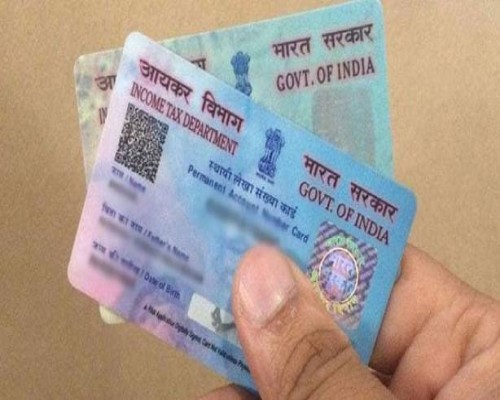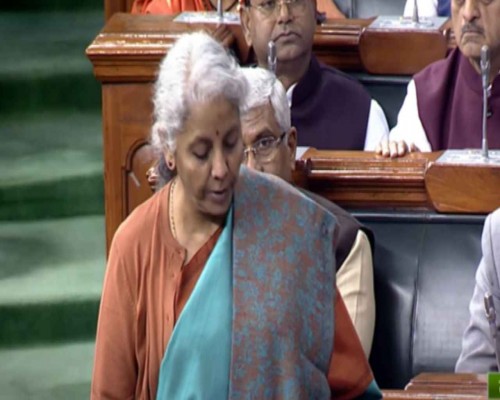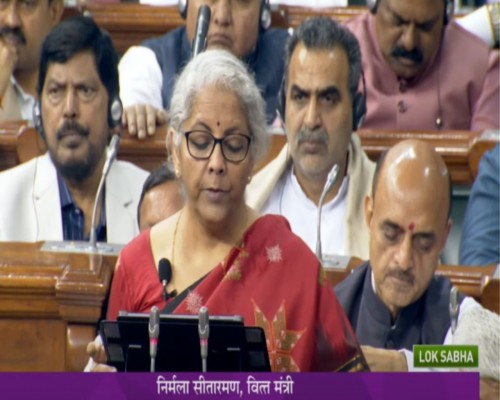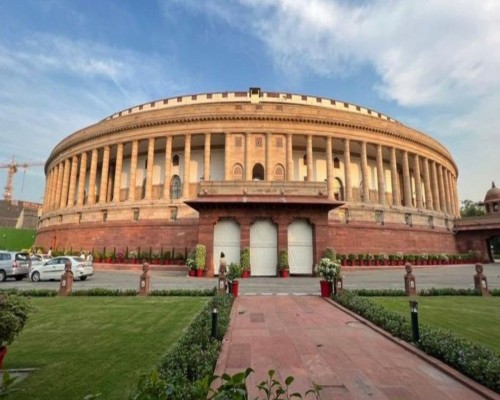SEBI Tightens IPO Rules for SMEs: ₹1 Crore Profit Required in Two Years

Stricter Regulations to Protect Investors and Ensure Transparency
The Securities and Exchange Board of India (SEBI) has introduced stricter rules for Initial Public Offerings (IPOs) of Small and Medium Enterprises (SMEs). These new regulations are aimed at ensuring financial stability, protecting investor interests, and maintaining transparency in SME listings.
Key Changes in SME IPO Regulations
1. Profit Requirement:
o Companies planning to launch an IPO must show an operating profit of at least ₹1 crore in two out of the last three financial years.
2. Promoter Share Sale Restriction:
o Under the Offer for Sale (OFS) mechanism, promoters cannot sell more than 20% of their stake.
3. Minimum IPO Application Size Increased:
o Investors must now subscribe to at least two lots instead of one.
4. Shareholder Restrictions:
o Existing shareholders cannot sell more than 50% of their stake during the IPO.
Purpose of the New Guidelines
SEBI's decision to tighten IPO norms is aimed at:
• Enhancing investor protection by ensuring only financially stable companies list on the exchange.
• Encouraging long-term growth by allowing only those with a strong track record to raise funds.
New Disclosure Requirements
• Companies launching SME IPOs must publish official announcements in newspapers before issuance.
• A QR code will be mandatory in the prospectus to provide easy access to IPO details.
Fund Utilization Restrictions
• The funds raised through SME IPOs can be used only for corporate purposes and must be limited to 15% of net proceeds or ₹10 crore (whichever is lower).
• Repayment of loans using IPO proceeds will not be permitted under the new regulations.
Impact on SMEs and Investors
These rules ensure better compliance, protect investors from high-risk companies, and encourage only strong SMEs to enter the stock market. By limiting stake sales and increasing transparency, SEBI aims to create a more reliable SME IPO ecosystem.























